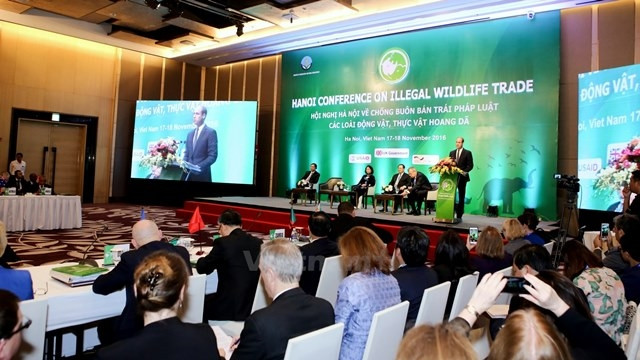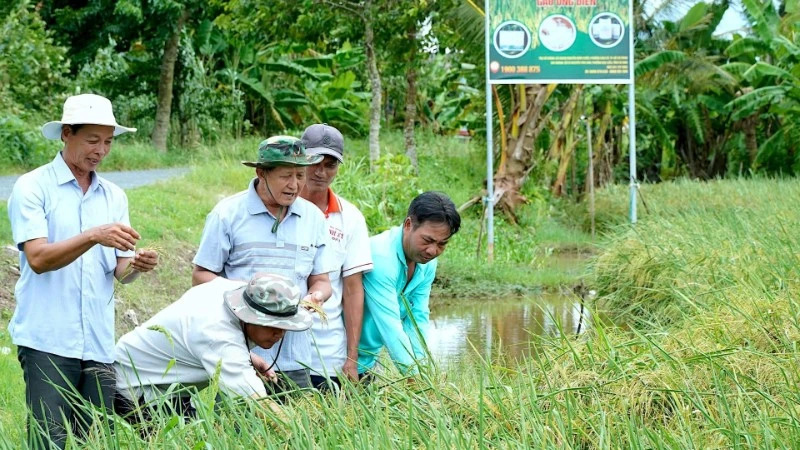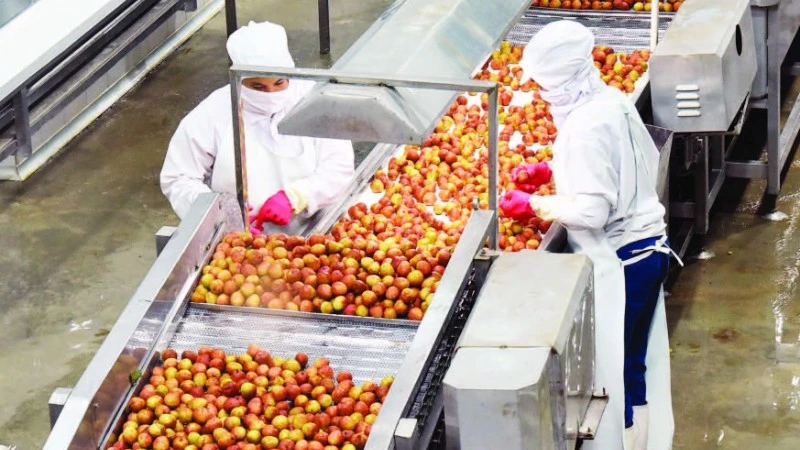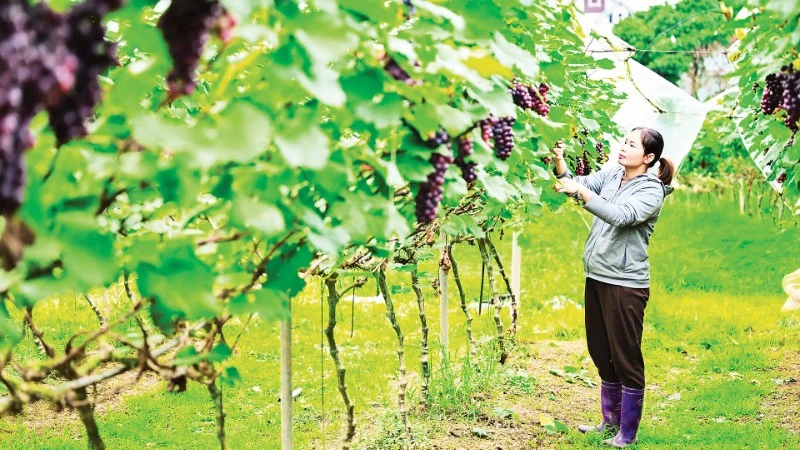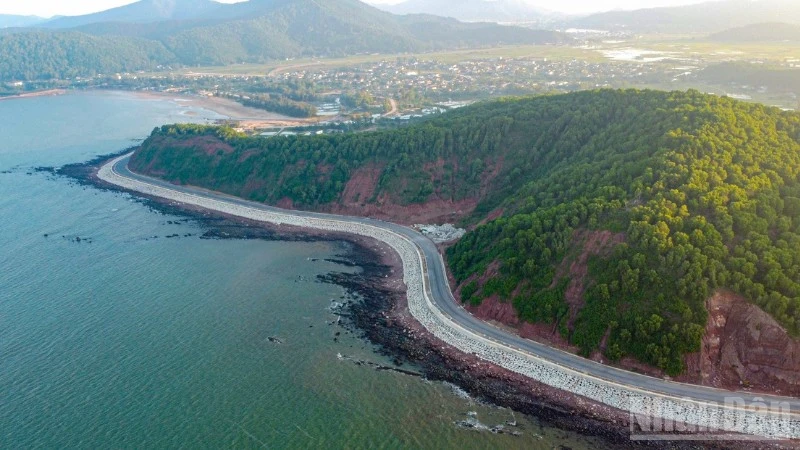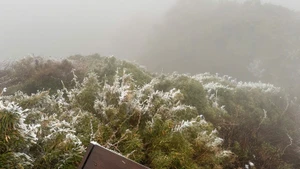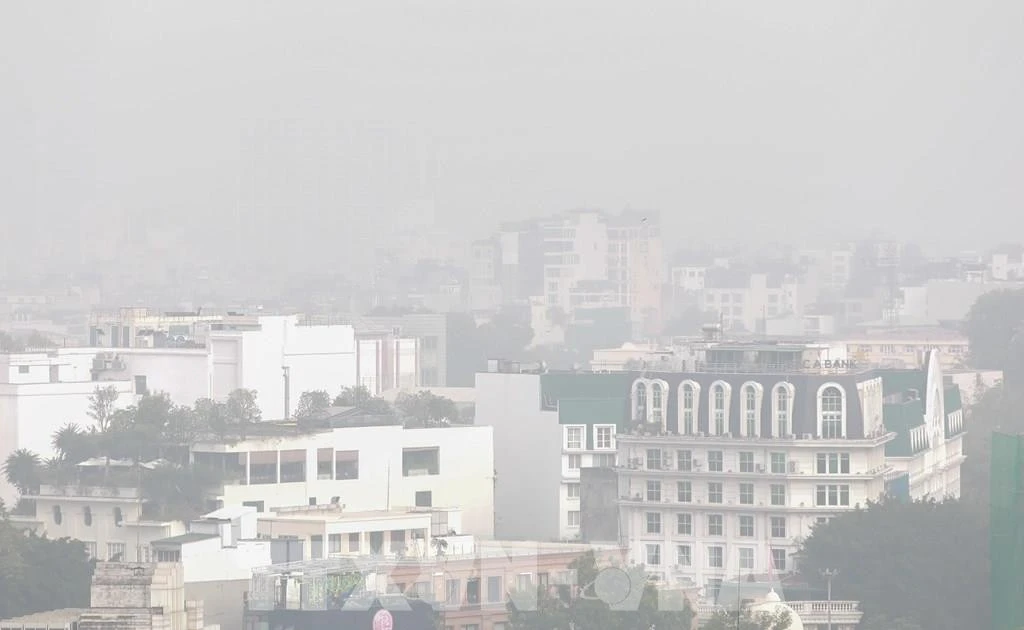The conference was attended by the host’s Vice President Dang Thi Ngoc Thinh, Lao Deputy Prime Minister Sonxay Siphandone, Duke of Cambridge Prince William Arthur Philip Louis and UN Under-Secretary-General Yury Fedotov.
Hosted by the Ministry of Agriculture and Rural Development with support from the UK Government, the Hanoi Conference on Illegal Wildlife Trade (Hanoi IWT) will be held over two days. The event aims to demonstrate international commitment at the highest level in combating illegal trafficking of wild animals and plants, while reviewing the implementation of London and Kasane Declarations reached at previous events in the UK in 2014 and Botswana in 2015.
It offers an opportunity to determine existing challenges during implementing actions against wildlife trade. It is also a forum for countries and international organisations to make commitments and build priority action plans against illegal wildlife trafficking in the future.

Vice President Dang Thi Ngoc Thinh stresses that preventing illegal wildlife trafficking is a global issue. (Credit: VNA)
Speaking at the opening, Vice President Thinh said that for years the State of Vietnam has been involved in the protection of biodiversity and wildlife, especially endangered species. Vietnam has established a range of natural reserves since 1960s and now has a system of national parks, natural conservation areas, and natural reserves with a total area of over 2.2 million hectares.
In recent years, along with globalisation, illegal wildlife trade has continued to occur within the nation. The illegal trafficking of parts of wild animals and plants at the global scale is now on the rise and becoming more complicated, especially trafficking of ivory, rhino horns, pangolin, large cats, primates, and wood samples.
These activities involve networks of international organised crime, threatening the survival of many endangered species, destabilising social security and undermining sustainable development efforts and UN Millennium Goals in protecting the environment and human development.
It is a global problem and neither a single country nor a certain sector can make effective prevention against illegal wildlife trade without comprehensive cooperation mechanisms and high-level commitments, Vice President Thinh said.
To effectively protect wildlife, the international community should have a universal approach, which focuses on the implementation of synchronous solutions such as perfecting laws and law enforcement, eliminating illegal consuming market and wildlife consumption habits, facilitating sustainable livelihoods for communities living in nature reserves, and enhancing international coordination.
Vice President Thinh also stated that from today, to effectively implement solutions and ensure the success of commitments, countries need to turn statements into concrete actions with effective mechanisms in order to monitor illegal wildlife trafficking.

Prince William called for better protection of endangered animals at the event. The UK will be the next host country for the conference in early 2018. (Credit: VNA)
According to Prince William, Vietnam’s recent incineration of a huge stockpile of ivory and rhino horn was a powerful example showing an encouraging commitment to combat wildlife trafficking.
The president of United for Wildlife said that countries around the world are on track but are not acting fast enough to handle the crisis. Rhinos, elephants, and pangolins are still being killed. In just seven years, the number of African elephants dropped by 30%. Meanwhile, demand from those who wish to make products from ivory and rhino horn are increasing amidst organised crime becoming more sophisticated.
Prince William stressed that improved measures and stronger actions are needed to fight crimes of this kind, bringing those criminals to justice, including corrupted persons who allow such crimes to take place.
People need to be aware that the extinction of animals and plants is a great loss for the entire globe, he affirmed, adding that young people should be involved in the fight, for the future of later generations.
UN Deputy Secretary General Yury Fedotov, who is Executive Director of the UN Office on Drugs and Crime, affirmed that countries should promote cooperation and ensure capacity for judges and security forces to issue proper sentences on criminals of illegal wildlife trade. He pledged that the UN will provide the utmost support to countries in dealing with those crimes.
